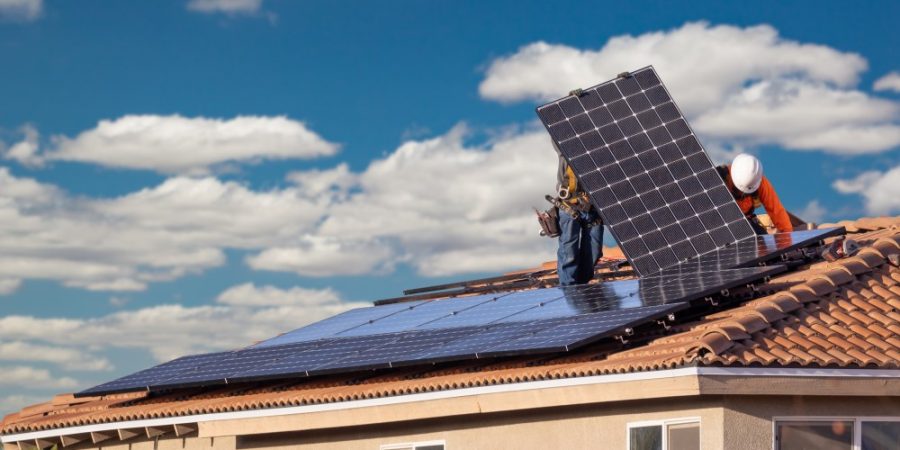
Solar is the fastest-growing energy generation in Australia. As the climate crisis becomes a more pressing issue, homeowners must have access to options that help limit the carbon footprint of their everyday household activities.
However, when you invest in solar panels for your home, there are some steps you must take to ensure your investment lasts. Solar panels do not require much maintenance, but there are some best practices to keep in mind to ensure you get the maximum energy output from your panels.
Keep reading to learn how to maintain your solar panels over time.
How Long Do Solar Panels Last?
The latest solar panels on the market generally last between 40 and 50 years. However, older solar panels have between 25 and 30 years of shelf life.
Investing in modern solar panels can ensure that you get a lifetime of use from your solar panels, as long as you take the proper steps to maintain them. Looking after your panels reduces the appearance of wear and tear over time.
A large majority of solar panels installed when solar energy initially became more accessible for the household are close to the end of their shelf-life. To renew your solar panels, contact your local Sydney solar panel installation experts at SolarPath, who will advise you on the best solar solutions to invest in.
What Should I Be Doing To Maintain My Solar Panels?
Here are some of the best practices to maintain your solar panels.
How To Clean Your Solar Panels
Cleaning your solar panels is essential to ensure maximum light permeates. To clean your solar panels, you can use the following methods:
- Purchasing a solar panel cleaning kit – buying a solar panel cleaning kit will prevent you from damaging the solar panels with any abrasive chemicals or materials in the cleaning process. Solar panel cleaning kits are perfectly tailored to help you clean the panels effectively.
- Try cleaning your panels when they are wet – whenever it rains, the dirt on the surface of your solar panels loosens, presenting the opportunity to use a squeegee or sponge to get rid of this dirt.
- Enlist the services of a solar panel cleaner – if you can’t easily access your roof, then trying to clean your solar panels on your own could be dangerous. So, consider enlisting the services of a solar panel cleaner to ensure your panels are clean and you are safe and sound. We recommend this option, where feasible, as the experts know the best ways to protect and maintain your panels.
- Use safety equipment – wearing a hard hat and a safety harness can help ensure you will be safe while cleaning your solar panels. Your safety is paramount, and you should not attempt to clean your solar panels without protective gear.
Maintaining The Sunlight Exposure
If you want to ensure your solar panels produce the optimal amount of energy over the years, you need to ensure that they are not blocked from the sunlight. You should cut down any trees or branches that grow over your solar panels and block the light.
When Will Your Solar Panels Need More Maintenance?
If you live in an area prone to heavy snowfall, you may need to put more effort into maintaining your solar panels. Extremely low temperatures and exposure to heavy snowfall can be detrimental to the functioning of your solar panel. So, during the colder seasons, you may be required to perform more maintenance on your solar panels than usual.
Summary
To keep your solar panels in good condition and operating at the optimal capacity, you should clean them regularly and maintain their sunlight exposure. Solar panels do not require much maintenance, so they are such a popular technology for homeowners looking to reduce their carbon footprint and energy consumption. Contact SolarPath today to find out more.
Read Also:
The Australian Solar Industry – How Do We Compare To The Rest Of The World?
Solar Energy Today, Solar Roof Ventilation










 Solarpath | Solar Path NSW GPS Directions
Solarpath | Solar Path NSW GPS Directions